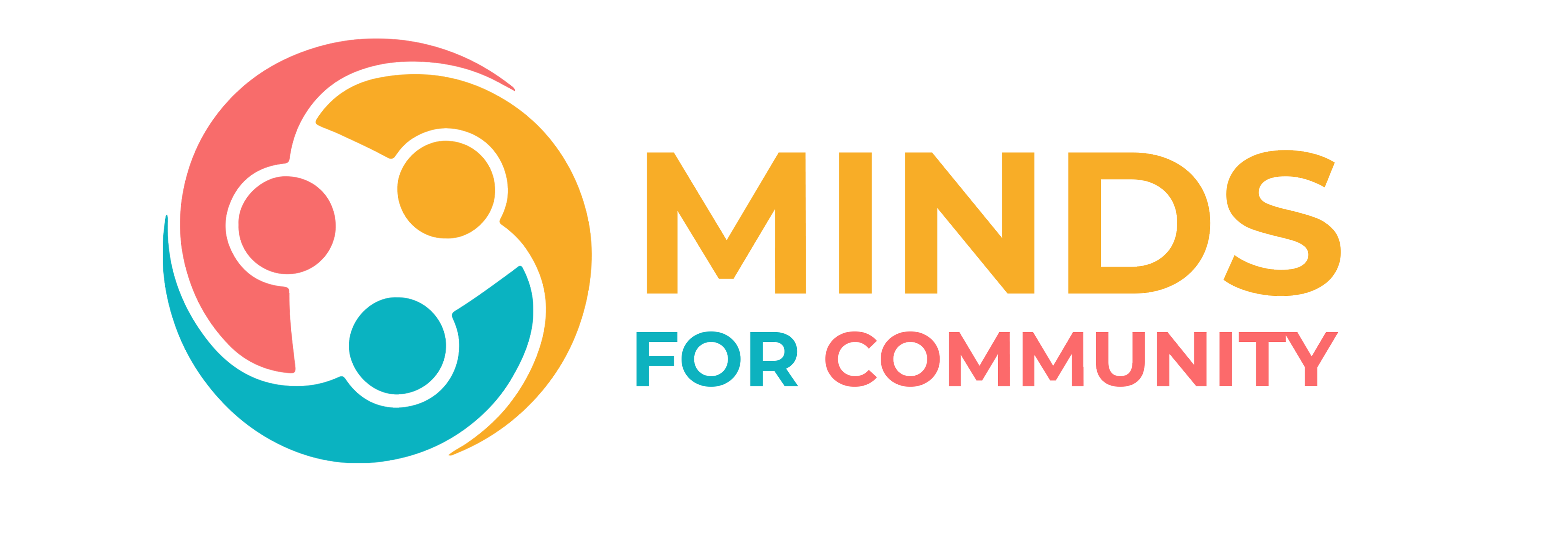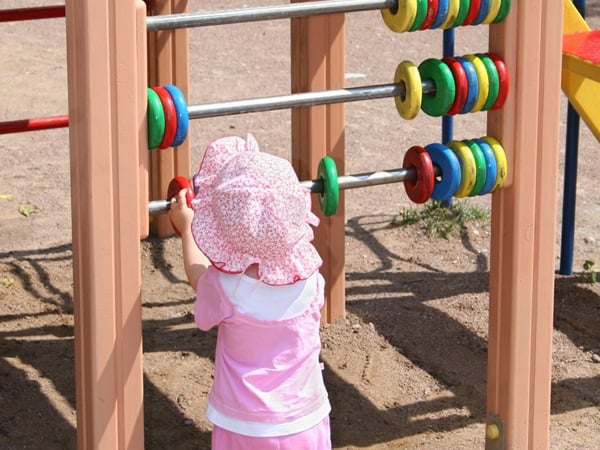Playtime is not just about having fun – it’s about learning, too. When your little one is reciting a nursery rhyme, they are working on language development skills. Does your child love to toss a ball up in the air and catch it on the way down? They are building important gross-motor and hand-eye coordination skills.
Why is play so beneficial to children?
“Play is at the core of the development of the child,” explains Zaman. Children experience and learn about their world through play: they explore their physical environment, express their emotions and build their vocabulary through playful moments. “Play is very natural for children around the world,” adds Khanom. “It is a really important tool for children’s cognitive, physical, social and emotional development and also their imagination and creativity.”
What is free play?
Free play is when children have full freedom to play in whatever way they want. “They can choose everything – they have the freedom to select their play materials, interest area and even the plot,” explains Zaman. During free play time, children can express themselves in the way that they choose depending on the day, time and situation they are in. “These kinds of opportunities are very important for children,” says Khanom.
Every child is unique and has a different way of expressing them self. “You may have a child who wants to draw, but another child will want to play alone with a puzzle. Every child has a different way of expressing their creativity,” explains Khanom.
How is free play beneficial to children?
“Sometimes it’s good for children to play alone or independently because they can be more creative when they are playing by themselves,” says Khanom. When a child is playing alone, they are engaging themselves, using their imagination and “from very early childhood they are being independent,” says Zaman. Building independence at a young age is beneficial later in life.
Free play is also important for learning problem solving skills. “They can try to solve a problem or come up with a solution on their own while playing. They need to express their own way of thinking. Those skills develop when a child is playing independently,” explains Khanom.
From what age should parents introduce free play to their children?
Free play creates an opportunity for children to explore their world in their own way and helps foster creativity and using their imagination, so Khanom and Zaman recommend starting at an early age. Parents should encourage toddlers and preschoolers to engage in free play on a regular basis, but with continued supervision it can even be introduced to babies of 6 months.






